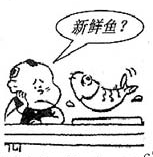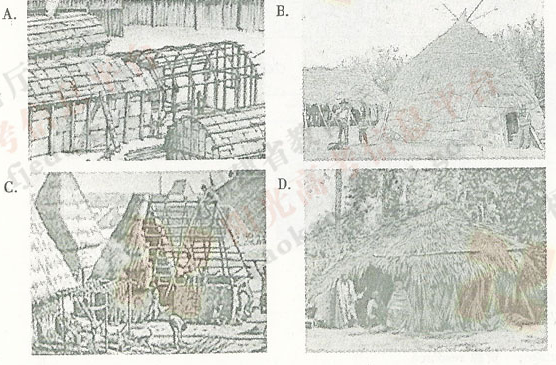
科目: 來源:不詳 題型:閱讀理解
 o sleep; but just as he was putting his head under his wing, a large drop of water fell on him.
o sleep; but just as he was putting his head under his wing, a large drop of water fell on him. a good chimney-pot,” and he determined to fly away.
a good chimney-pot,” and he determined to fly away. very high wall, but I never cared to ask what lay beyond it, everything about me was so beautiful. People called me the Happy Prince, and happy indeed I was, if pleasure be happiness. So I lived, and so I died. And now that I am dead they have set me up here so high that I can see all the ugliness and all the misery of my city, and though my heart is made of lead(鉛), yet I can’t choose but weep.”
very high wall, but I never cared to ask what lay beyond it, everything about me was so beautiful. People called me the Happy Prince, and happy indeed I was, if pleasure be happiness. So I lived, and so I died. And now that I am dead they have set me up here so high that I can see all the ugliness and all the misery of my city, and though my heart is made of lead(鉛), yet I can’t choose but weep.” s out loud.
s out loud.查看答案和解析>>
科目: 來源:不詳 題型:完形填空
 ey will
ey will never 42 it to the top.” or “There is no 43 that they will succeed. The tower is too high!”
never 42 it to the top.” or “There is no 43 that they will succeed. The tower is too high!” ctors D
ctors D . performers
. performers  ious
ious 查看答案和解析>>
科目: 來源:不詳 題型:閱讀理解
 iPods can be helpful for children’s education.
iPods can be helpful for children’s education.查看答案和解析>>
科目: 來源:不詳 題型:完形填空
查看答案和解析>>
科目: 來源:不詳 題型:完形填空
查看答案和解析>>
科目: 來源:不詳 題型:閱讀理解
查看答案和解析>>
科目: 來源:不詳 題型:閱讀理解
查看答案和解析>>
科目: 來源:不詳 題型:完形填空

查看答案和解析>>
科目: 來源:不詳 題型:閱讀理解

查看答案和解析>>
科目: 來源:不詳 題型:閱讀理解

查看答案和解析>>
湖北省互聯(lián)網(wǎng)違法和不良信息舉報平臺 | 網(wǎng)上有害信息舉報專區(qū) | 電信詐騙舉報專區(qū) | 涉歷史虛無主義有害信息舉報專區(qū) | 涉企侵權(quán)舉報專區(qū)
違法和不良信息舉報電話:027-86699610 舉報郵箱:58377363@163.com